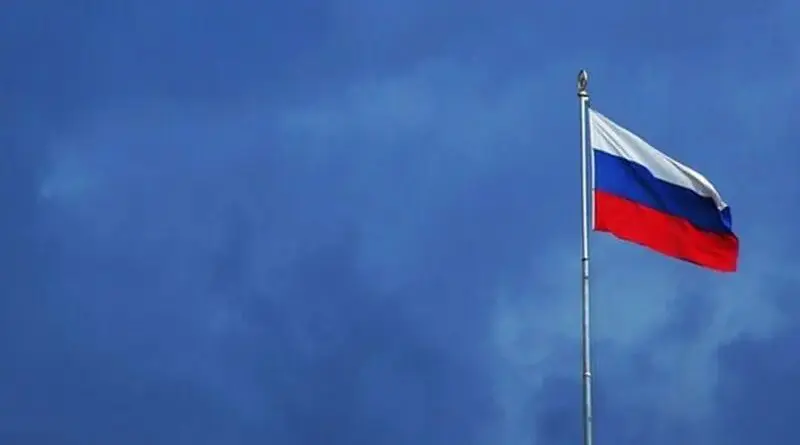Putin Removes Top Russian Prosecutor, Replaces Him With Investigative Official
By RFE RL
By Mike Eckel
(RFE/RL) — Russia’s top prosecutor, Yury Chaika, who as one of the most powerful law enforcement figures in the country oversaw a raft of politically charged criminal investigations, will leave his position after nearly 14 years in office.
The Kremlin said on January 20 that President Vladimir Putin had nominated Igor Krasnov, who has served as deputy chairman of the Investigative Committee, to replace Chaika as prosecutor-general.
Russia’s upper house of parliament must formally vote on Krasnov’s nomination, though an affirmative vote is all but guaranteed.
Krasnov is little-known outside of Russian law enforcement circles. However, the Investigative Committee, which has been run by Putin ally Aleksandr Bastrykin since it was created in 2007, is considered a rival law enforcement agency that has clashed in the past with the Prosecutor-General’s Office.
Chaika, 68, was serving as justice minister in June 2006 when he was named to the position of prosecutor-general, taking over for Vladimir Ustinov.
Just three days before Chaika took office, prosecutors announced they had reopened a dormant investigation into a furniture-smuggling ring that came to be known as the Three Whales case.
The case, which implicated officers with the local and federal branches of the Federal Security Service, Russia’s leading security agency, became an embarrassment for the agency.
In December 2015, Chaika and his family were the focus of an investigation by Kremlin gadfly and anti-corruption lawyer Aleksei Navalny, who accused Chaika’s two sons of using the cover of their father’s subordinates to illegally enrich themselves.
Chaika rejected the allegations, calling them “a hatchet job” financed by William Browder, an American-born British citizen who was a prominent investor in Russia before he was banned from the country in 2005.
Browder employed a Russian lawyer and auditor named Sergei Magnitsky, who helped uncover a scheme that stole $230 million in Russian tax refunds using falsely registered companies linked to Browder.
Magnitsky died in a Moscow prison in 2009, accused of committing the fraud he helped uncover.
His death led to the passage of the 2012 U.S. law called the Magnitsky Act, which initially punished Russian judges, law enforcement officials, tax investigators, and others linked to the death. The law was later broadened to include Russians deemed by the United States to have committed human rights abuses, and a related law called the Global Magnitsky Act was passed in 2016.
In 2017, one of Chaika’s sons, Artyom, was put under sanctions under the broadened law.
The original Magnitsky Act infuriated the Kremlin, which responded by passing a law banning the adoption of Russian children by U.S. citizens.
Russian officials also supported a secretive lobbying campaign in Washington, D.C. that aimed to undermined the Magnitsky law.
In June 2016, Chaika’s name emerged in connection with a Trump Tower meeting between President Donald Trump’s eldest son, Donald Trump Jr., and a Russian lawyer with close ties to Chaika’s office.
At the meeting, which was also attended by Trump’s then-campaign chairman, Paul Manafort, the Russian lawyer, Natalia Veselnitskaya, tried to discuss the Magnitsky Act and the ban on U.S. adoptions of Russian children.
But Trump officials said they quickly lost interest.
At the time of the meeting, Veselnitskaya also represented Prevezon Holdings, a Russian company accused by U.S. prosecutors of partially benefiting from the Magnitsky tax-theft scheme.
In January 2019, U.S. officials unsealed an indictment charging her with lying to U.S. authorities about her cooperation with Chaika’s office during the Prevezon investigation.

